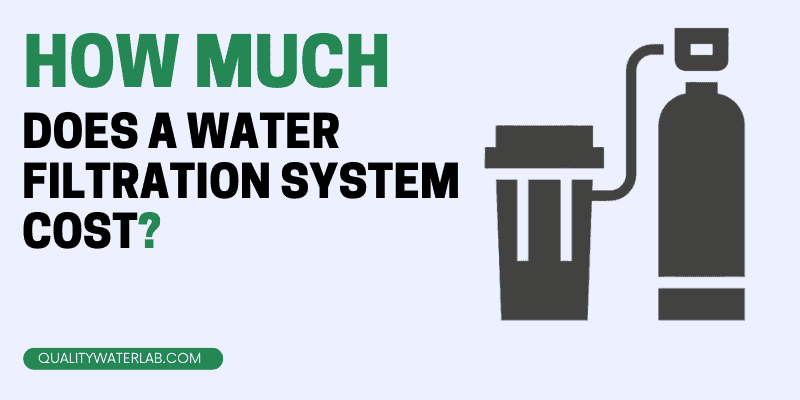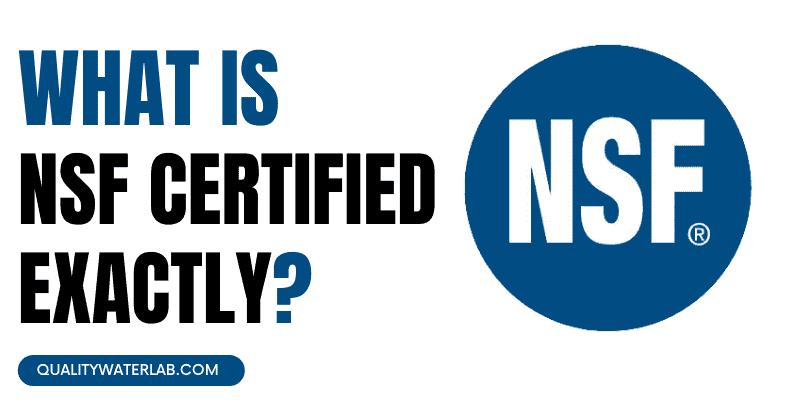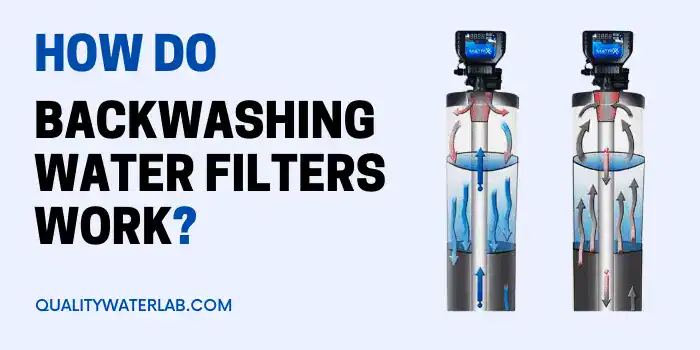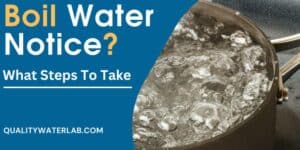Water Filtration System Reviews & Guides
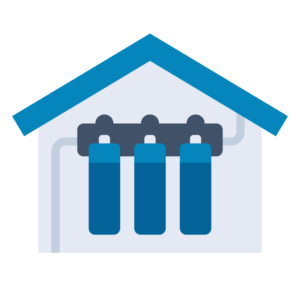
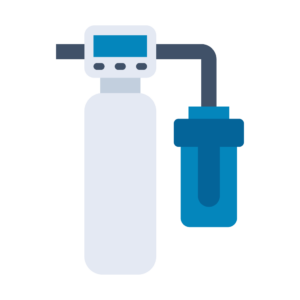
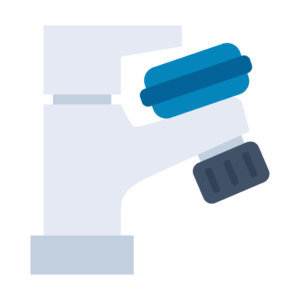
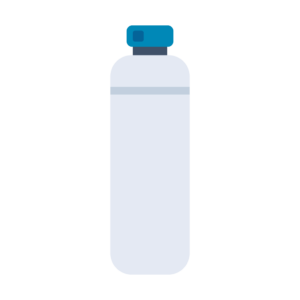
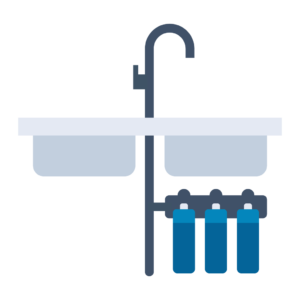
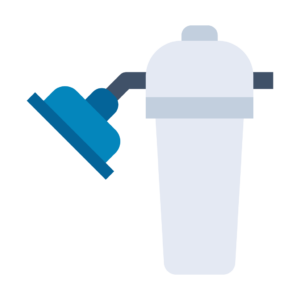
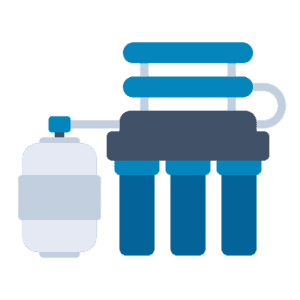
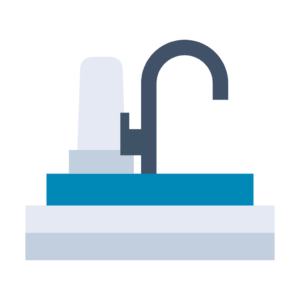
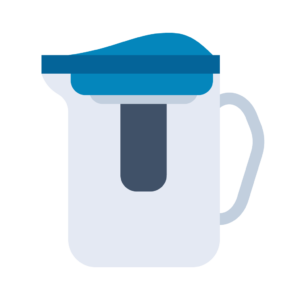
Popular Water Filtration Types
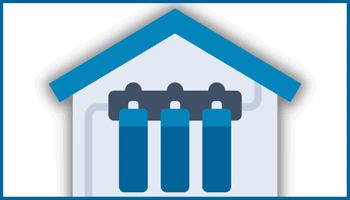
Whole House Water Filters
A whole-house filtration system is like any other water filter except it treats your home’s entire water supply.
Plumbed into your main water line, it filters every gallon as it enters your home so that every drop is clean and crystal clear.
See our Top rated whole house water filters and our well water filtration systems
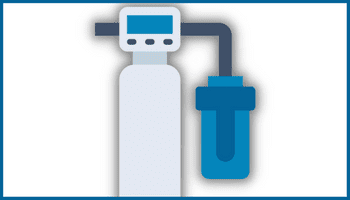
Water Softener
A water softener works by removing hard minerals through the ion exchange process.
As hard water moves through the softening tank, the negatively charged resin beads attract hard minerals with a positive charge.
See our Top Water Softener Picks
Reverse Osmosis
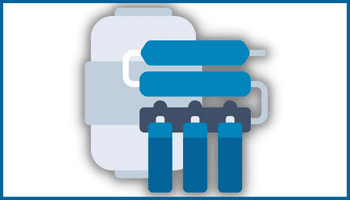
Reverse osmosis systems rely on an electric or permeate pump to force water through a semi-permeable membrane with tiny, microscopic pores.
Highly effective, it removes nearly all contaminants, including minerals and most bacteria, but it’s less effective than carbon filters for reducing off-tastes.
View our Top Rated Reverse Osmosis Systems
By Specific Category:
View Our Recent Posts
🚱 What Is a Boil Water Notice — And What Should You Do About It?
Whether it’s a busted main, a water treatment hiccup, or a big storm, you’ve probably heard the phrase “boil water notice” tossed around in the news. But what does it actually mean for your tap — and your health? Here’s what you need to know when your local water supply is under the microscope —…
Continue Reading 🚱 What Is a Boil Water Notice — And What Should You Do About It?
🧊 Black Specks or Dust in Filtered Water? Here’s What’s Actually Going On
Seeing little black flecks in your filtered water? You’re not imagining it — and you’re definitely not alone. It’s a bit unsettling, especially when a filter is supposed to make water cleaner, not add odd particles to your glass. But before you toss the whole system, take a breath. In most cases, these specks aren’t…
Continue Reading 🧊 Black Specks or Dust in Filtered Water? Here’s What’s Actually Going On
🏖️ How to Get Sand Out of Well Water (Without the Headaches)
Sand’s great for castles — not so much for your kitchen sink. If your well water’s starting to feel more like a beach rinse than a clean pour, you’re not alone. Grit in your glass usually means something’s off with your well, but the good news? It’s fixable. With the right setup, you can kick…
Continue Reading 🏖️ How to Get Sand Out of Well Water (Without the Headaches)
Read Our Reviews
 103 people found this helpful. Was this guide helpful to you?
103 people found this helpful. Was this guide helpful to you? 
